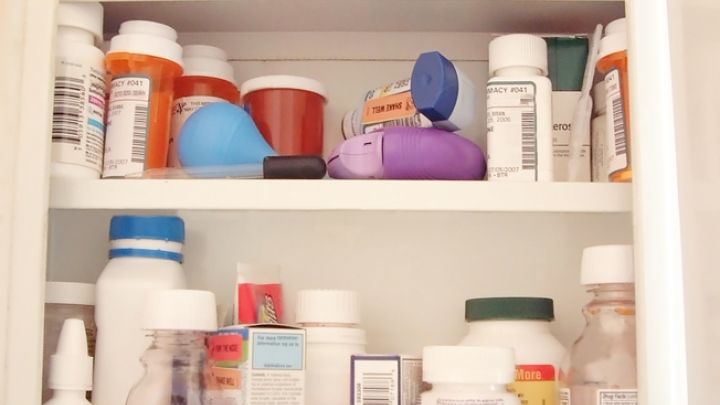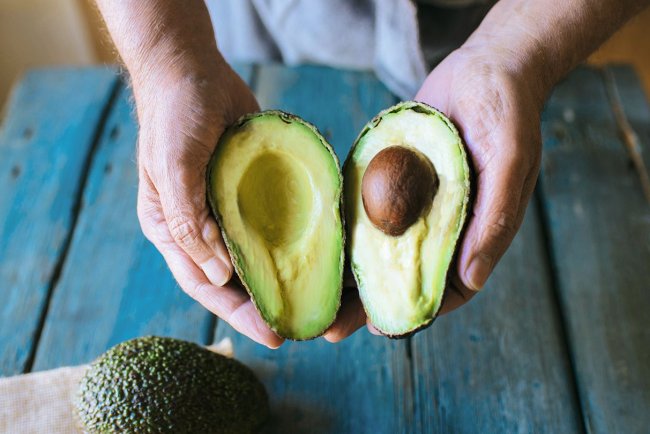How Do You Approach Health? What Does Your Medicine Cabinet Tell You?
The majority of us, let us face it, do not really think about our medicine closets. Behind mirrored doors, they are frequently merely disorganized shelves filled with half-used prescription drugs, old eye drops, and a few unknown creams. A closer look, however, reveals that a medicine cabinet can reveal more than just how we handle colds or aches; it can reveal our attitudes on health, sickness, and even control.

I was taught this lesson at a young age. I was a brazen snoop as a kid. I was peeking into Granny's pocketbook or searching through my elder brothers' drawers while the other kids were playing tag. However, the highlight of my research? The medication cabinets of my parents.
The Story-Telling Cabinet
Aspirin, TUMS, and a forgotten jar of glittering bath oil beads that had gone gummy over time were all found within my mother's ordinary cabinet. However, my father's was a very different story.
His mirrored cabinet was filled with medical oddities, including syringes, surgical tape, tincture of opium (yes, really), sterile gauze, and a substance called butazolidin, which I later found out was taken off the market for humans but was still used in animal medicine. He was an orthopedic surgeon. It all seemed slightly risky and profoundly exciting at the moment. It was similar to finding a hidden laboratory in our bathroom in the suburbs.
In retrospect, I see that it was the meaning of those things, not just their contents, that enthralled me. His cabinet was a silent statement that, despite his illness, he was still a doctor first and a patient second. He was controlling and treating his disease according to his own terms rather than giving in to it. That cabinet, in a sense, represented who he was and how he approached health.
The Extremes of Maximalism and Minimalism

It turns out that the majority of us carry with us a health culture that is frequently inherited, in addition to our family's medical history. Harvard physicians Jerome Groopman and Pamela Hartzband characterize persons as either medical maximalists or minimalists in their book Your Medical Mind.
Maximalists do not hesitate to take medicine, desire more testing, and visit the doctor quickly.
Before turning to a prescription, minimalists tend to "let us wait and see," depending on lifestyle modifications or natural cures.
My family had a mixed dynamic. My father was a traditional maximalist with a twist, as evidenced by his do-it-yourself medical practice. He wanted to be in control of harsh therapy, not just support it. In contrast, my mother was the quintessential minimalist. Her remedies included lengthy phone conversations, hot baths, and, if necessary, chewable antacid.
My Medicine Cabinet: What is Inside?

Now, after several decades, I am in the middle.
My spouse, who is also a doctor, and I adopted a quite simple lifestyle while our children were young.
We never felt the need to imitate my friend's tiny pharmacy, which included Tylenol with diphenhydramine, adult and pediatric ibuprofen, chewables, liquids, and gel caps.
Now that the children are grown, we continue to be minimalists. but with a peculiar twist of our own: disarray meets readiness.
Tiny hotel shampoos, unopened lotions, Costco-sized ibuprofen bottles, a heating pad, a hot water bottle, and one of those sock-shaped microwavable hot packs are all in our drawers. None of them have ever been used by us. And yet there they are, the silent, underutilized instruments of a fictitious disaster.
Are we getting ready for a pandemic of the flu? Unexpected surgery? We keep acting as if the encroaching shadow of aging is not already here.
The Mirror in Your Medicine Cabinet
I have an idea: open your medicine cabinet. Take a close look at what is inside.
Do you keep medications on hand "just in case"? Do you have more faith in elderberry syrup and Epsom salts than in antibiotics? Is your shelf cluttered with old cough syrups and half-used medicines, or is it tidy and pared down?
It is possible that your inventory reflects more than just your purchasing patterns. It may provide insight into your upbringing, anxiety management style, and if you are more of a patient or action-oriented person when it comes to your health.
Concluding Thoughts
We frequently consider blood pressure or test findings to be indicators of health. However, occasionally we might learn more from the more subdued hints, such as what is in a bathroom cabinet.
Are you a maximalist or a minimalist in the field of medicine? Do you view your health as a sacred and enigmatic entity, as an art form, or as a science? Just curious, no judgment. After all, how we fill our medicine cabinets reveals a lot about how we take care of ourselves, how we handle vulnerability, and how we deal with the future.
What's Your Reaction?




















